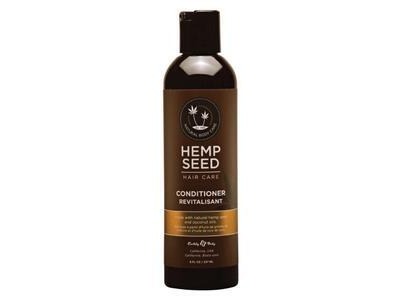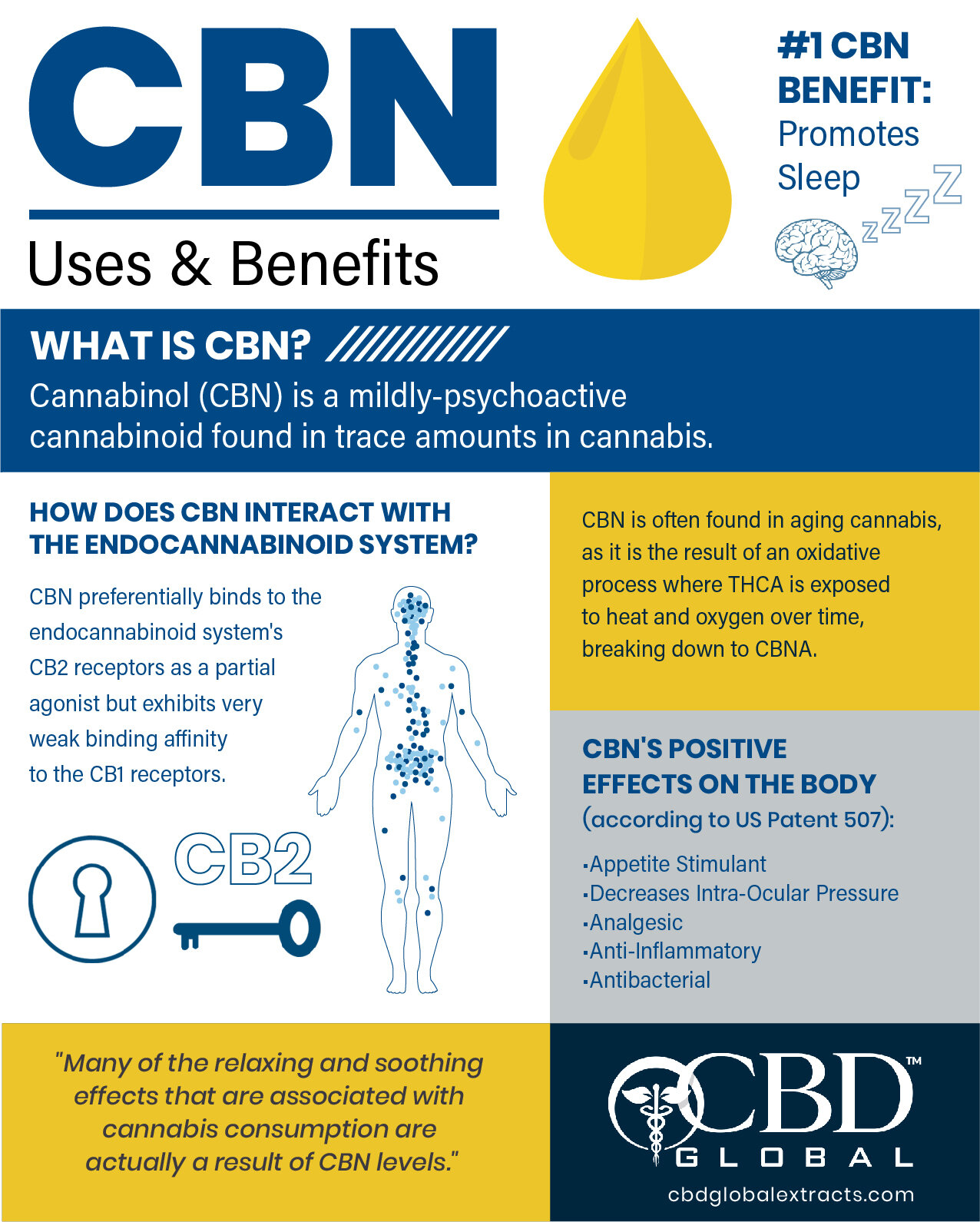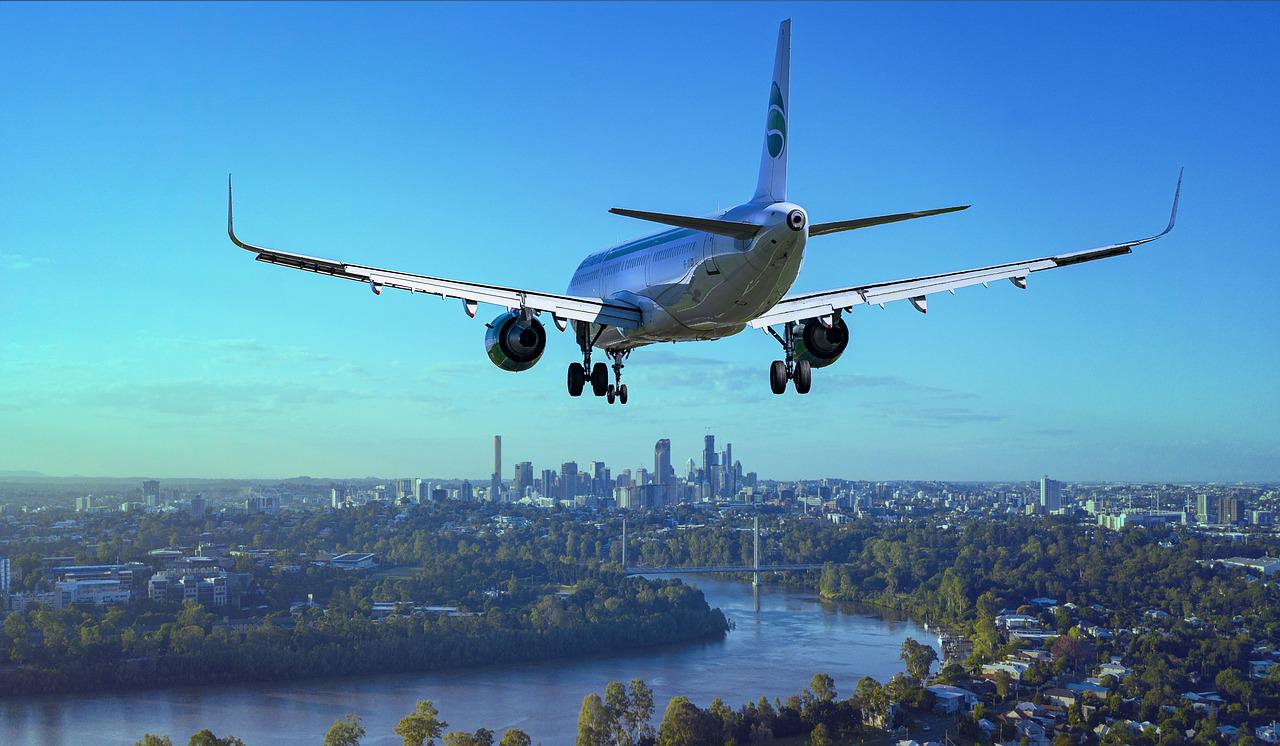
Supporting black owned wellness companies has many benefits. They can help promote an inclusive and diverse industry. For a long time, the health and wellness industry was dominated by white people and wealthy whites. Naaya has a mission to change that by creating a space where BIPOC can thrive in the wellness sector. The company's focus is on creating community and experiences. BIPOC is a good example of this. It offers discounted yoga teacher education.
Blade and Bloom
Blade and Bloom, owned by black wellness entrepreneurs, are all-natural plant-based beauty brands. Their products include body balms, aromatherapy oils, and candles. Insecure is their inspiration. The brand's goal is to create products which help people have joy and build relationships. They also have a game for self-care and mental health.

Transparent Black Girl
Transparent Black Girl a Wellness Collective that promotes Black women’s wellbeing and health through the lense their own personal experiences. Yasmine Jamelah founded the company. The company's mission was to provide safe spaces for Black women who want to embrace their uniqueness and seek healing. The brand offers a variety of services, including classes online and free online events.
Transparent & Black
Black-owned businesses in the health and wellbeing sector are responding to the demands of people of Color. These businesses are ranging from podcasts focused on fitness to aromatherapy candle manufacturers. Many of these businesses were started to provide solutions for those communities who have been excluded from the health sector.
Golde Beauty Supplements
Golde Beauty and Supplements, a brand new in the market, focuses on natural and healthy ingredients. Its founders aim to provide wellness to everyone, and the brand's line of products includes turmeric teas, 100% matcha powder, and even a face mask.

Therapy for Black Girls
Therapy for Black Girls (or Therapy for Black Girls) is an online community that supports Black women's mental wellness. This website provides a list of Black therapists as well as resources and events for black women. It also offers guided meditations.
FAQ
Is the CBD market saturated or not?
The CBD industry is experiencing a growth rate of over 25% annually. This growth rate is expected to continue at least for five more years. According to industry projections, it will grow from $2 billion to $5 billion by 2020.
Canndoc Ltd and GW Pharmaceuticals are the dominant players in the CBD market. Both companies are focused in developing pharmaceutical-grade products. However, they have not been very successful thus far. Both are struggling in the marketplace to gain traction.
Cannabidiol or CBD is a form of cannabis extract with less than 0.3% HHC. It does not produce any psychoactive effects. It can be used to treat epilepsy, and other medical conditions. It is also used to supplement a diet.
There are many varieties of CBD products. Some CBD products are made from whole plant extracts while others contain CBD.
These products all have one thing in common: they contain low amounts of THC.
These products are legal under US federal law. You will still need to follow local laws if you are selling CBD products. Check with your state regarding the sale of CBD products.
Additionally, CBD products in some states are illegal. These include California. Colorado. Florida. Mississippi. Missouri. New York. North Carolina. Ohio. Oklahoma. Oregon. Rhode Island. South Dakota. Texas. Utah. Virginia. Washington.
CBD products are not recommended for people who live in these states.
How can CBD products successfully be marketed by companies in compliance with regulations?
The FDA does NOT regulate hemp as an agriculture commodity. The Controlled Substances Act regulates other cannabis derivatives (e.g. pot). To date, there are no specific regulations for CBD.
CBD is legal in 29 states. Federal law, however, still considers it illegal. Businesses looking to sell CBD products are left in uncertainty.
The FDA also has guidelines for how CBD products should be advertised. They must disclose the THC content of any CBD products. Companies cannot claim CBD is effective in treating certain medical conditions without supporting evidence.
Additional information is required by the FDA regarding manufacturers' manufacturing practices, quality control measures, and other details. To prove safety and effectiveness, they require that companies conduct clinical trials.
These factors are crucial for companies to consider when developing their marketing strategies.
How much CBD is required?
The product type you're using will affect the amount of dosing.
The majority of CBD oils are available in strengths between 100mg and 1,000mg per bottle.
There are many companies that make CBD products in very specific dosages. For example, 25mg, 50mg or 75mg.
Charlotte's Web is an example of a company that makes CBD products with exact amounts of CBD and other cannabinoids.
If you're unsure about CBD's effectiveness for you, you can try a lower dose.
You can always go higher later.
What conditions can CBD be used for?
The most important thing for any treatment to have an effect on is the person's health condition. If you're using cannabis oil for medicinal purposes, a doctor must approve. It is also illegal for someone to prescribe cannabis oil without a doctor's consent.
A prescription is not necessary if cannabis oil is being used as part of a healthy lifestyle. To make sure that the oil is safe, it's a good idea to consult your doctor.
Cannabis oils can be made from whole plant extractions or isolated cannabinoids, such as THC and CBN. They contain many different types of cannabinoids, such as cannabidiol (CBD), tetrahydrocannabinol (THC), and cannabinol (CBN).
These components interact and create effects that include pain relief, stress relief, and antiinflammatory and antioxidant properties.
How big does the global CBD market look?
Euromonitor International estimated that the global CBD industry was worth $US3.5 billion in 2015. This represents a 10% increase from 2014.
This figure is expected to grow at an average rate of 12% by 2020.
CBD products are predicted to account for half of all the hemp-derived products globally by 2020.
This includes CBD oils, as well other CBD products, including food, beverages cosmetics, pet care, and CBD oils.
What does CBD's price vary in different states?
Prices for CBD products can vary depending on where you live. Prices can vary by as much as ten times depending on where you live.
Prices tend to increase as you move further north. CBD is expensive in Alaska on average at $35 per gram. It costs in Hawaii around $200 pergram.
This trend is evident throughout the country. Prices for grams range from $5 to $2,500.
Why is this happening to you?
One reason why prices vary so much is because of the varying levels of regulation. Some states require that CBD products have very low levels of THC (the psychoactive part of marijuana). Other states don't care what level of THC is present.
Some companies may choose to sell their products first in one state before shipping them to another.
Where can I get CBD products?
CBD can be bought online or at your local retailer. Online retailers tend to offer better deals. Many websites will sell CBD products that contain industrial hemp. It contains less than 0.3% of THC.
Look for local businesses that sell CBD products.
There are laws in many states that allow CBD products to be purchased without the need of a prescription. CBD products might be available for purchase at your local pharmacies if you're a resident in one of these states.
CBD products may be delivered right to your doorstep.
Statistics
- While the primary injury may not be treatable, interventions that attenuate secondary sequelae are likely to be of benefit [203].Only one study (ncbi.nlm.nih.gov)
- OralWhere HED is the human equivalent dose, and Km is a correction factor estimated by dividing the average body mass (BM) of the species (60, 0.020, and 0.150 kg for 11 humans, mice, and rats, respectively) and by its surface area (see: Nair et al. (ncbi.nlm.nih.gov)
- A recent study [161] also found that in vitro CBD treatment (i.e., ≤ 2 h exposure to 10 μM) induced ~40% vasorelaxation in isolated (pre-constricted) (ncbi.nlm.nih.gov)
- however, one study also found that these effects were virtually abolished when the original media (a nutrient broth agar) was replaced with one containing 5% blood (increasing the minimum concentration to ~160 μM CBD) [179]. (ncbi.nlm.nih.gov)
- As a substance that was federally illegal before the passage of the 2018 Farm Bill, hemp-derived cannabinoids with no more than 0.3% THC still face a regulatory grey area. (forbes.com)
External Links
How To
How to get certified for selling CBD products
One of many cannabinoids found within cannabis plants is CBD (cannabidiol). It has been used medicinally since ancient times, including in traditional China, India, and many South American nations. Its ability to treat anxiety, pain and epilepsy has led to it becoming increasingly popular in recent years. But if you want to start selling CBD products, there's no official certification program available yet -- at least not in the U.S. That means anyone who wants to make money off their own line of CBD products has to rely on the "unofficial" process of self-certification.
There are two options. The first is to join a local association of canna-business owners. This way, you can learn from others while getting support and advice. There are currently numerous associations all over the country. Another option is to go online. Online canna-businesses are now allowed in most states. If so, then you can set up your own website and begin taking orders right away. However, you must still register with your state's Department of Public Health. Once you've registered, you'll be able to apply for a license through your state's department of public health. Once you have your license, it is legal to open your shop and accept orders.